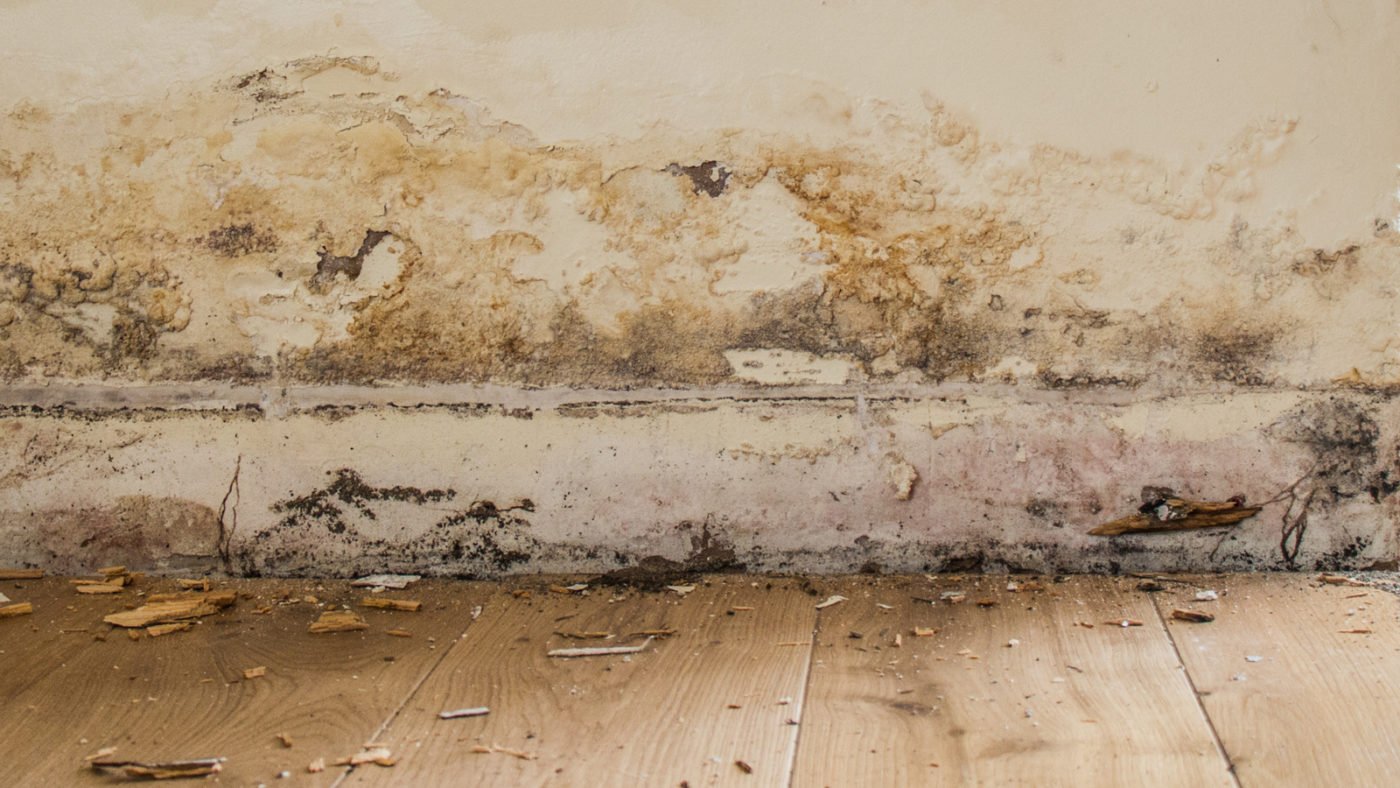Last Updated on June 9, 2022 by Ferg
What is Rising Damp?
Rising Damp is the movement of ground-level water up masonry walls in buildings such as homes and offices. Rising Damp problems can occur suddenly after years of not having seen any issues. This can be due to a recent rise in the water table in your area or due to a failure in the damp course originally installed in the house. In the following, we will talk about rising damp treatment techniques.
How to tell if you have Rising Damp?
Rising Damp is usually identified by seeing tide marks along the base of the wall just above the skirting board. Paint, and in bad cases plaster will be bubbling and falling off the wall. Early signs and confirmation of rising damp can be identified by a professional by using the correct measuring tools, such as a moisture meter with prongs to penetrate the plaster.
How to treat Rising Damp
For rising damp treatment, depending on the severity of the problem, rising damp should be treated by installing a damp proof course by chemical injection. In most cases, the blown plasterwork will need to be removed and a vertical breathable membrane such as cementitious tanking should be applied to the wall before replastering. This prevents any residual damp affecting the new finish being applied to the wall from the moisture still present. After the wall is replastered, paint can be applied once the correct drying time has passed for the method of finish,
The treatment of rising damp should be carried out by insured professionals that offer a guarantee like The Damp Store, given the nature of the specialised work and the likelihood of recurrence if not treated correctly.
If this sounds like an issue that you have and need assistance with, please get in touch with our team or fill out our survey request form to arrange an inspection of the issue.


would your chemical injection help stop rising salt water damp
Hey Pat,
The Chemical injection works by blocking the capillary action of water soaking upwards.
While this should stop salt water you may face 2 issues;
1. Salt water might break down the chemical faster than its normal life cycle from freshwater.
2. If its salt water from the sea, there’s always the danger of the water level rising above the damp course.
Can you give us a call on 01-2836220 during business hours if you can or send an email to [email protected] and we can try to find a solution.
Thanks,
The Damp Store